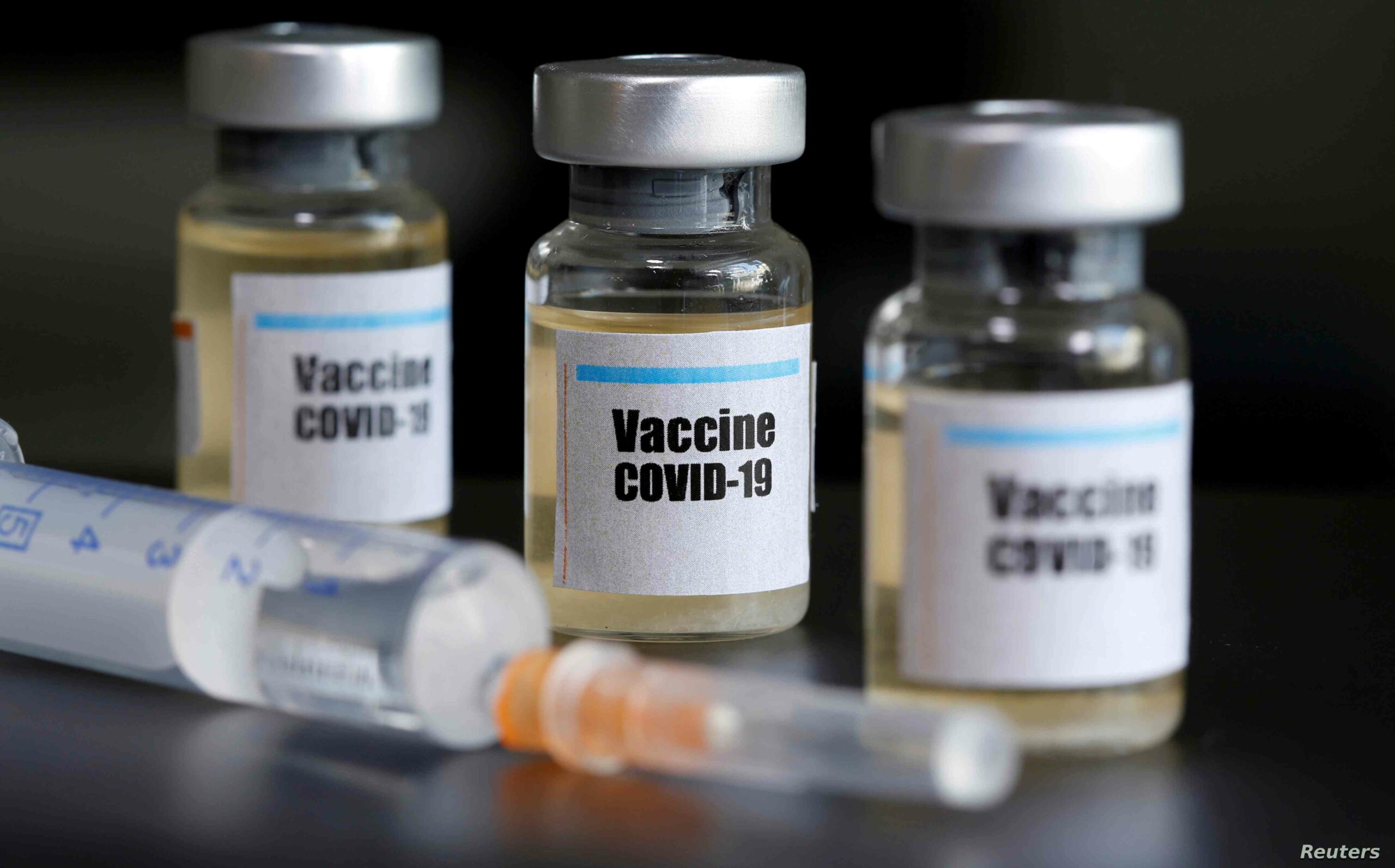How safe are COVID-19 vaccines?
John, 30, says he has not been comfortable taking COVID-19 vaccine because of the rapidity with which it was developed compared to other vaccines. “ I don’t feel the vaccines are safe,” he said. Experts however say the various types of COVID-19 vaccines available in the country are safe. They include AstraZeneca, Moderna and Johnson […]

Covid-19 vaccines
John, 30, says he has not been comfortable taking COVID-19 vaccine because of the rapidity with which it was developed compared to other vaccines.
“ I don’t feel the vaccines are safe,” he said.
Experts however say the various types of COVID-19 vaccines available in the country are safe. They include AstraZeneca, Moderna and Johnson and Johnson, among others.
Dr Murtala Jibril of the Department of Pharmacology and Therapeutics, Bayero University Kano, said COVID-19 vaccines were safe, and have a 94 per cent potential to protect vaccinated persons from the virus.
He stated this during a two-day media dialogue on demand creation for COVID-19 vaccines organized by the United Nations Children’s Fund (UNICEF) in collaboration with the Child Rights Information Bureau of the Federal Ministry of Information and Culture in Kano.
He said, “All the COVID vaccines we have currently in Nigeria are actually very safe.”
Jibril, who also holds a PhD in immunology and vaccine development, said
people should not be afraid of getting vaccinated against COVID-19 because the vaccines are not all pathogen vaccines. A pathogen is defined as an organism causing disease to its host.
“They are not live attenuated vaccines (vaccines which contain whole bacteria or viruses which have been weakened so that they create a protective immune response but do not cause disease in people.)
“The COVID-19 vaccines are a sort of nucleic acid-based vaccine. It is just a Ribonucleic acid (RNA) that encodes of high protein that teaches our body to produce high protein that is injected as a form of vaccine and it is our body that will translate that RNA into high protein.
“So therefore when our body comes in contact with actual virus, we already have the antibodies which are like the soldiers that will protect the actual infection from causing any harm,” he said.
Mr Rahid Aziz, Water Sanitation and Hygiene (WASH) Manager of UNICEF, Kano Field Office, said scientists and other researchers have worked round the clock to develop the vaccines.
Speaking on behalf of the UNICEF Kano Chief Field Office, he said, “now there are vaccines – not one, not two. We have them from different sources. People should just avail themselves to take the vaccines in order to safeguard themselves from the infection.”
Prof Oyewale Tomori, a renowned virologist and past president of the Nigerian Academy of Science, said standards were not compromised nor were safety procedures ignored in producing COVID-19 vaccines.
He said it is a misconception when people say the vaccine was produced within a year, adding that its development has been going on for years.
“It is a huge misconception to assume that COVID-19 vaccine started when the pandemic began. Prior to the development of COVID-19 vaccine, scientists have experimented and perfected a fast and flexible method of plug and play to revolutionalise,” he said.
He said COVID-19 vaccine does not contain any harmful substance or micro-chip, adding that all vaccines including COVID-19 vaccines are manufactured under strict compliance with WHO guidelines.
Also, before the vaccine is administered in Nigeria, NAFDAC will test and certify it is safe for human use, he said.
He also said COVID-19 vaccine does not alter DNA as peddled by some people.
“It triggers an immune response that will protect your body against virus if encountered. Once you and your community members are protected, the chances of the spread of the disease are reduced,” he said.
The virologist said it is also safe to get the vaccine if one has underlying medical conditions.
“Yes, COVID-19 vaccination is especially important for people with underlying medical condition such as heart diseases, lung diseases, diabetes, cancer and others. People with these conditions are more likely to get very sick from COVID-19,” he stated.
